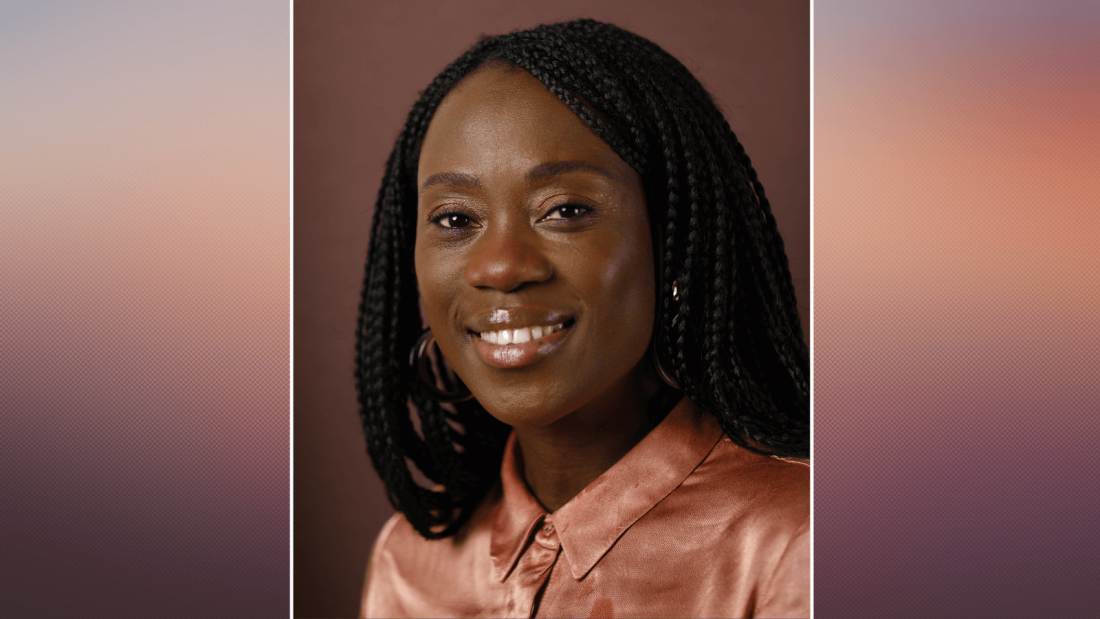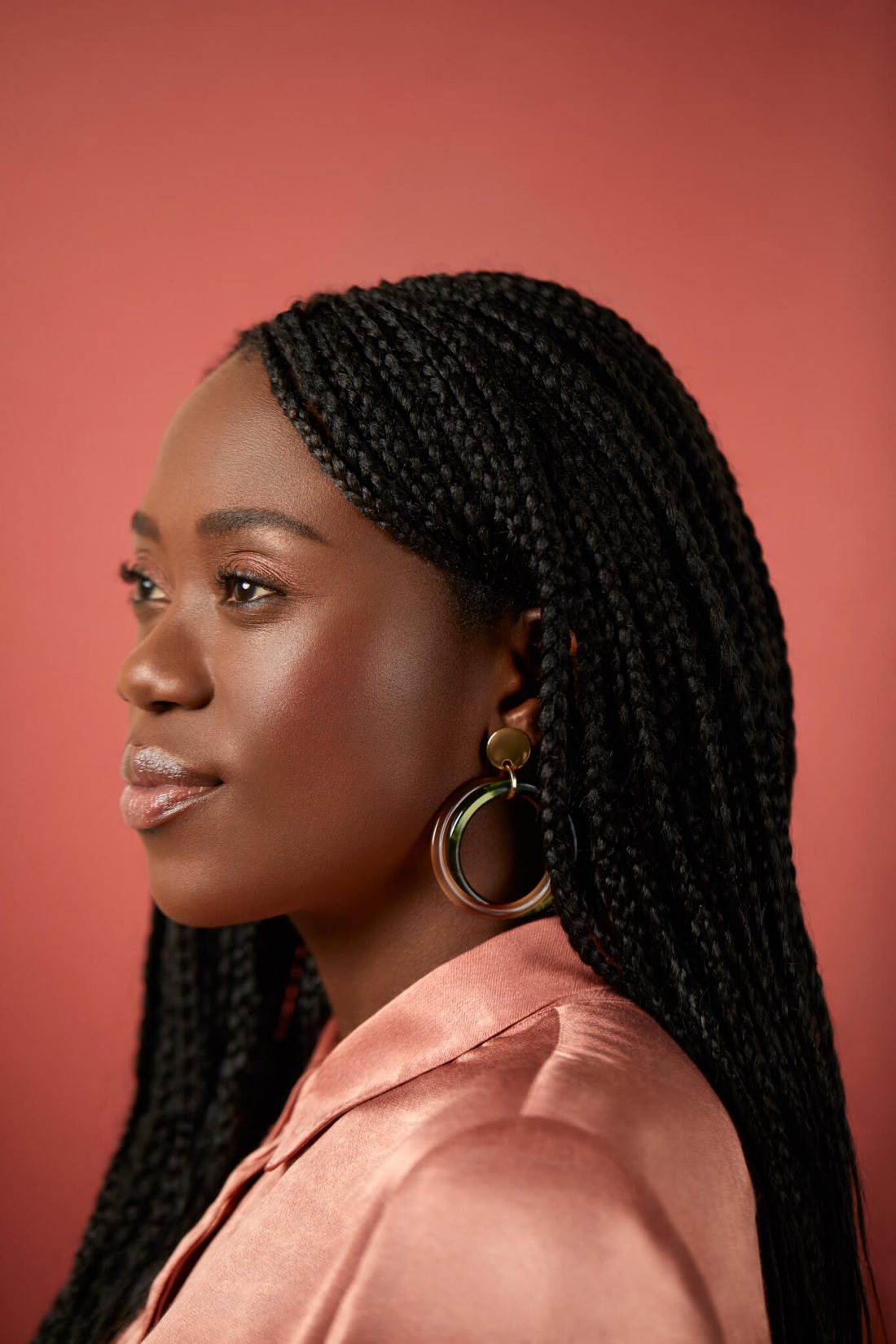Whilst most beauty brands are using white label formulas as the foundation for their products, at the heart of 4.5.6 Skin are the genetic needs of Black people.

4.5.6 Skin rejects the lazy way of catering to Black consumers. From research and development (R&D) through to the custom-made products which arrive at your door, each 4.5.6 Skin formula is designed with the structural and functional differences of skin phototypes 4, 5 and 6 in mind. Think of the beautiful complexions of women such as Mary Phillip, Adjoa Andoh, Pat McGrath and Jodie Turner-Smith.
The ingredients chosen are best suited to tackle our skin’s common concerns like hyperpigmentation, dryness, excess oil and dullness, but at optimum amounts to not aggravate the melanocytes which produce the melanin that makes our skin darker.
“Usually, you’ll [ONLY] find melanin-rich skin included at the marketing stage when they’re figuring out who to sell to.”
Having such a deep scientific knowledge of melanin-rich skin is why French-Cameroonian CEO and co-founder, Noelly Michoux, is so passionate about addressing the “skincare race gap” that the beauty industry has largely ignored.
“When you look at the vast majority of skincare products today, the way they’re made, and tested for efficacy and durability is always for the specific needs of skin phototypes 1, 2 and 3, which we call Caucasian skin,” she began.
“What melanin-rich skin needs isn’t something that brands look at when they’re doing R&D. Usually, you’ll find melanin-rich skin included at the marketing stage when they’re figuring out who to sell to.

“When we talk about the ‘skincare race gap’, we’re saying inclusivity should start at the R&D process because there are nuances of skin phototypes 4, 5 and 6 which are important to factor in. You cannot just patch up the problem by putting melanin-rich skinned men and women into marketing campaigns.”
Being unable to find the right products for her own phototype 6 complexion, and becoming increasingly frustrated with the void in the cosmetics industry for darker skin tones is why 4.5.6 Skin is here today.
It builds on the knowledge of American dermatologist, Thomas Fitzpatrick, who created the Fitzpatrick scale, to help describe the different ways an individual’s skin responds to ultraviolet light exposure.
One of the brand’s co-founders, Dr Carlos Charles, used to be Noelly’s dermatologist in New York, and helped her to overcome pregnancy mask — a distressing type of discolouration caused by hormone changes during pregnancy.
“We’re trying to create new rules from the perspective of melanin-rich skin…”
Today, 4.5.6 Skin is a “fully integrated” and Black-owned cosmeceutical brand, originally born out of the LVMH Research Centre in France — one of the largest production sites of luxury perfumes and cosmetics — “with the touch and spirit of pharma rigor and diligence,” Noelly added.
A major triumph for Noelly and her dream team of co-founders was to have their own lab in the prestigious French Cosmetic Valley near Paris.
She said: “Absolutely. We’re trying to challenge the status quo in this industry. We’re trying to create new rules from the perspective of melanin-rich skin, which is hard to do because the entire industry is set up from the perspective of white skin, so if you want the freedom to do your research without compromise, and solely having in mind the needs and what’s right for the people you’re trying to service, then you need your own space.

Credit: Rebecca Abigail PR London
“There are a lot of brands out there that say they’re for Black and brown skin, but again, if you look at the genesis of how the products are made, you’ll find that because they don’t have their own production or R&D capability, they’ll go to a lab and buy white label formulations, so formulas which are already made, and these are made and tested for white skin.
“When I started my own R&D process, I prospected a few labs and that was all they could offer.”
But there was no way Noelly would settle for that. The 4.5.6 Skin range consists of six core products — a cleansing gel, oil, treatment lotion, day moisturiser and brightening serum — based on the results of five years of research on the problems and solutions for melanin-rich skin.
The products zone in on four key concerns for Black customers: hydration, skin cell renewal, regulating melanin production, and purifying the skin to tackle seborrhea and acne, which doesn’t discriminate against teenagers only. (Hello, adult acne!)
Click here to read the 4.5.6 Skin review.












